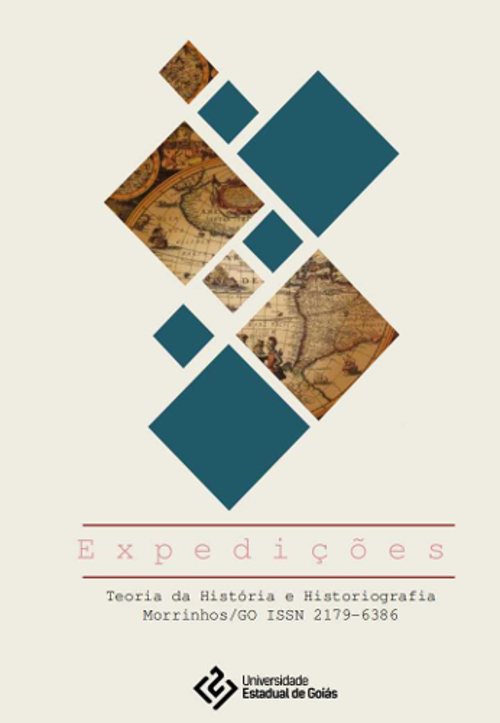Revolução e democracia: o eurocomunismo no Brasil, no crepusculo da ditadura militar
Revolution and democracy: eurocommunism in Brazil, in the twilight of the military dictatorship
DOI:
https://doi.org/10.31668/revista_geth.v14iFluxoCont.13221Abstract
With this work of ours we intend to dwell on the unit and organization of the Gramsci thinking in coherence with the conceptual picture of Marxism. A thinking that, cultured in its deepness and unitary nature, helps us to understand both the limit of any instrumental attempt of the Brazilian left of the past and the political reason of the organic involution currently experienced by Brazil and Latin America. In face of the military dictatorship crisis, born of the coup d’état of 1964, an important fraction of the Brazilian left used Gramsci category to interpret the Brazilian reality and to find in it the reasons for a democratization of the country. This happened, however, through an often forced and inconsistent use of this category, giving place to a casual interpretation that distorted the original Gramsci formulation in respect to the dialectic between the democratic need and the socialist strategy. In particular, a group of “renovators” of the Brazilian Communist Party (PCB), the so-called "gramscisti", in the early eighties, translated Gramsci with the idea of coining a new strategy of the party that came to be seen as a radical break with historical themes of socialism. This component found in euro-communism, especially in the line of the Italian Communist Party of Berlinguer, its essential point of reference, affirming the universal and strategic value of democracy. However, from the initial requirements to conciliate democracy and socialism, inspired by the reflections of Berlinguer, the definitive value of the first term was affirmed while the perspective of the second ended by being abandoned as a political horizon. This produced a crisis of identity of the Brazilian left (which ended up being overwhelmed by the triumph of liberalism with the end of the dictatorship) with negative consequences and impact on this field still clearly visible today.
Keywords: Democracy – Strategy - Revolution

